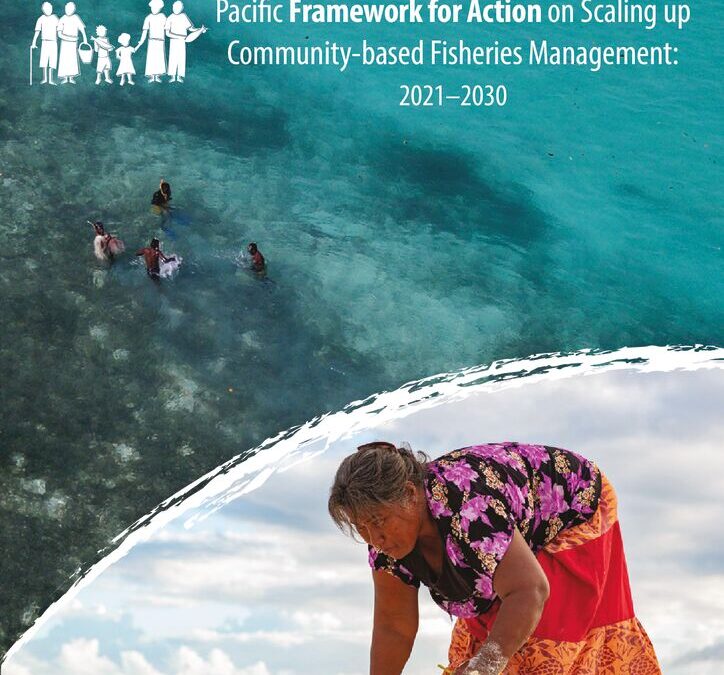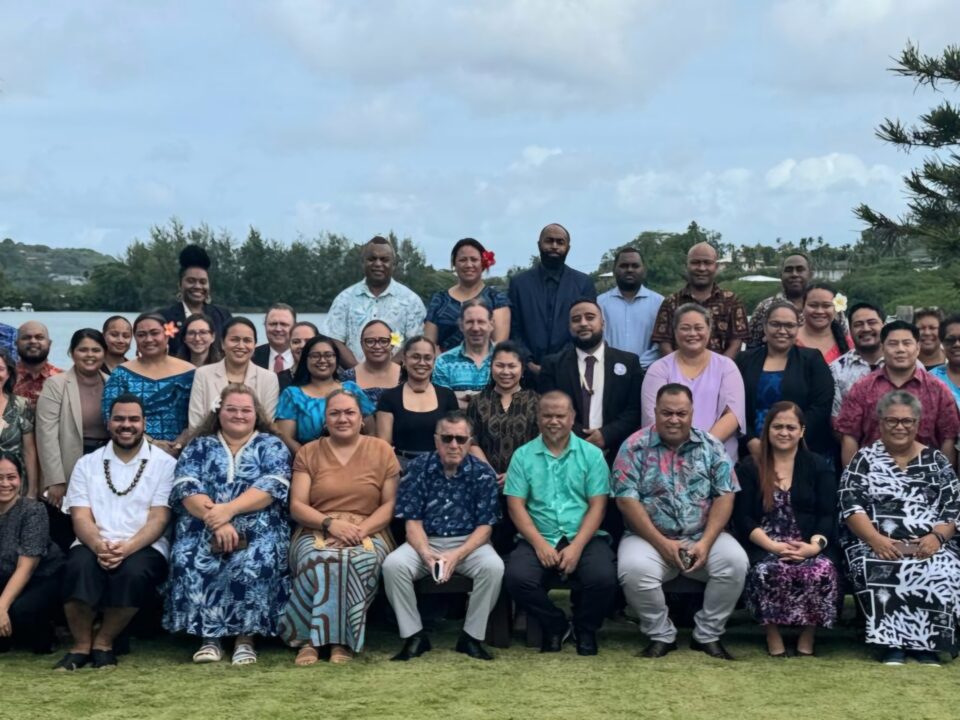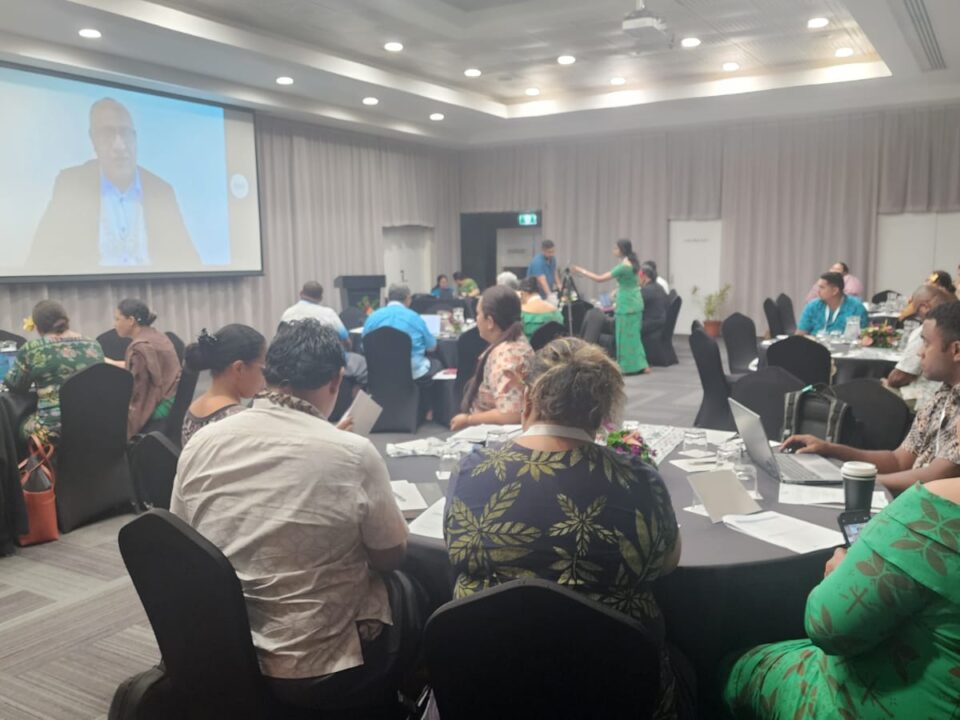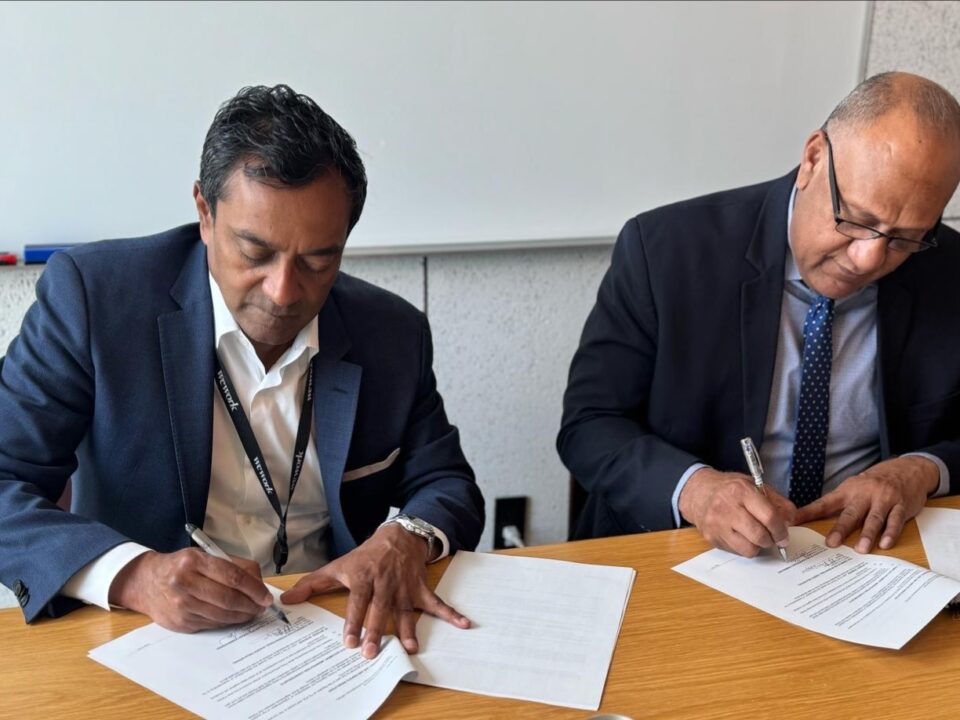
Remarks by Pacific Ocean Commissioner, Dr Filimon Manoni High Level Welcome Reception – Pacific Blue Shipping Partnership
31 October 2023, Novotel, Lami Bay, Suva
Honourable Sakiasi Ditoka, Minister for Rural Maritime Development and Disaster Management, Fiji Government
Your Excellencies, Distinguished High Level Delegates,
Members of the Diplomatic Corp,
Ladies and Gentlemen,
Bula Vinaka, Iakwe and warm greetings to you all. I am deeply honored to be officiating at this gathering this evening. I thank the organizers for inviting me.
Let me begin by congratulating the Blue Pacific Shipping Partnership, in particular, the two Co-Chairs, Fiji and Marshall Islands for their sterling leadership on such an important initiative. I also thank the other members of the coalition, Kiribati, Solomon Is, Tonga, Tuvalu, and Vanuatu who have put in place a commendable commitment by 2030 to reduce their local fleets greenhouse gas emissions by 40%. That is indeed a commendable gesture to the world that the global shipping is going through change and this is being driven by leadership from the Pacific.
I think Honourable Minister Ditoka has said all that needs to be said tonight. It is so gratifying to come together again in Suva, to celebrate another collaborative milestone.
Last year during the UN Ocean Conference in Lisbon, Portugal, we as the Pacific reminded the hosts that it was fitting we joined the world in Lisbon for the Conference some 500 years after the great Portuguese sailer Ferdinand Magellan sailed through the Pacific. What seemed as a formidable achievement for the world was, as a matter of fact, quite routine for our ancestors who are still recognized as the greatest navigators.
It is due to this fact that I attend here with a beam of hope that this initiative, against our Pacific history reminds us all of the importance of preserving and embracing our rich cultures that our forefathers have developed on navigation, stewardship and care for the ocean resources.
Ladies and Gentlemen,
We cannot dispute the fact that despite our best efforts, the global emergency facing the ocean continues to persist. Sea level is rising, our ocean is getting warmer and more acidic, marine pollution and overfishing are increasing at an alarming rate, our marine biological diversity is declining. The ocean is suffering from the three planetary crises.
These elements threaten the crux of our survival, boundaries of our exclusive economic zones and the future of our countries.
Our past and present have depended on the ocean. Today, maritime transport is still at the heart of our Oceanian identities. With 90% of trade goods imported through the shipping sector in PICTs, and over 99% of Australia’s imports and exports by volume and over 79 % by value (representing 24% of GDP) dependent on shipping, this sector underpins the economic development of the region.
Growing up, I remembered how the arrival of the cargo on my island home was celebrated. Still today, in many islands, more or remote, commercial shipping whether domestic or international represent a link to the outside world, the embrace of modern life. With environmental degradation and the change in our lifestyles, many have turned to imported goods for their subsistence. Like many areas of the modern life, this has had its benefits and drawbacks.
Among those drawbacks, 75% of all the bulk fuel imported across the region is used for either road or maritime transport. For some countries, the domestic shipping sector accounts for a third of the fuel consumption.
I find comfort in knowing that the shipping industry is working how to balance its social, environmental, and economic costs and benefits. As climate change remains the greatest threat faced by the region, there has been a strong push to improve the efficiency and decrease the carbon footprint of vessels. It is important to continue these efforts. We can look at our own history, our own engineering to contribute to the solution. We need also to ensure that whatever we take is truly rooted in the spirit of sustainable development.
In 2021, Forum Leaders in their ocean statement recognised “the Blue Pacific’s maritime transport industry plays a critical role, Forum Leaders call for the sustainable and resilient development of the maritime industry, including investment in new technology and operations, to ensure safe, accessible, efficient and affordable maritime transport which contributes to the International Maritime Organizations decarbonisation strategy and a quieter maritime sector.”
Transport Ministers at their meeting in Samoa in September 2019, echoed previous calls made to reduce GHG emissions from international and domestic ships. The GHG emission from shipping sector is very significant. They requested implementation of consistent programmes addressing the need for data, policies, laws, technology and finance, and all agreed to work towards the ambitious Pacific Blue Shipping Partnership’s targets for domestic shipping in PICTs in order to reduce GHG emissions by 40% in 2030 and by 100% in 2050.
The will is there. I trust you will continue to make the best efforts to realize our regional aspirations.
With those few words, let me conclude by wishing everyone a enjoyable evening and a successful meeting in the next few days.
I thank you.



